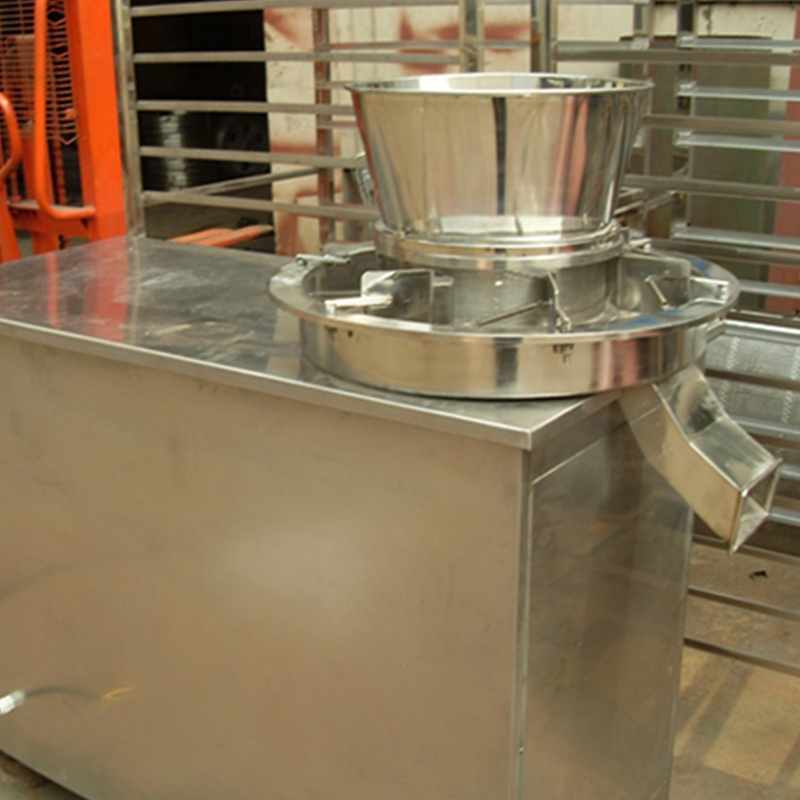How does investing in a wet granulator impact the cost-effectiveness and return on investment for manufacturing
Investing in a wet granulator can significantly impact the cost-effectiveness and return on investment (ROI) for manufacturing operations, reflecting its substantial role in modern industrial processes. A wet granulator, particularly one employing rotary granulation, offers precise control over granule uniformity and density, crucial factors in ensuring consistent product quality and reducing variability. By creating uniform granules, manufacturers can achieve higher standards of product integrity, which not only meets stringent industry regulations but also reduces the likelihood of costly batch rejections or quality control issues. This precision in granulation directly translates to reduced wastage and improved yields, enhancing the overall efficiency of the manufacturing process.
Moreover, the rotary design of wet granulators optimizes the granulation process for efficiency. Continuous processing capabilities minimize downtime between production runs, leading to increased throughput and productivity. This uninterrupted operation is pivotal for maximizing output, which can significantly lower the cost per unit of production. The ability to continuously process materials without frequent stops or interruptions ensures that manufacturers can meet high demand more effectively and with fewer operational delays, ultimately boosting their economic efficiency.

The versatility of wet granulators further contributes to their commercial value. These machines are adaptable to a wide range of materials, including powders, pellets, and granules, making them invaluable across various industries such as pharmaceuticals, fertilizers, and more. This adaptability allows companies to use a single piece of equipment for multiple products and formulations, reducing the need for investment in specialized machinery for different applications. By customizing parameters like speed, granule size, and moisture content, manufacturers can tailor the granulation process to specific product requirements, enhancing the versatility and efficiency of their operations.
From a maintenance perspective, regular upkeep of wet granulators is essential to sustain their performance and longevity. Routine maintenance involves monitoring and adjusting settings, cleaning components, and ensuring the machine operates within optimal conditions. Proper maintenance not only prevents breakdowns but also extends the lifespan of the equipment, thereby protecting the initial investment and ensuring continued operational efficiency.
Historically, the evolution of granulation technology has profoundly influenced manufacturing practices. The advancement from manual granulation techniques to sophisticated rotary wet granulators has revolutionized the way products are formulated and produced. Early granulation methods were often labor-intensive and less precise, leading to inconsistencies and inefficiencies. The development of modern wet granulators has introduced higher levels of precision and automation, which have become integral to achieving consistent product quality and meeting industry standards.
Investing in a wet granulator impacts cost-effectiveness and ROI by enhancing product quality, increasing operational efficiency, and offering versatile applications. The precision, efficiency, and adaptability of these machines contribute to lower production costs and higher outputs, ultimately resulting in a favorable return on investment. As technology continues to advance, the role of wet granulators in improving manufacturing processes and driving economic value remains crucial.



 English
English русский
русский عربى
عربى Türk
Türk




